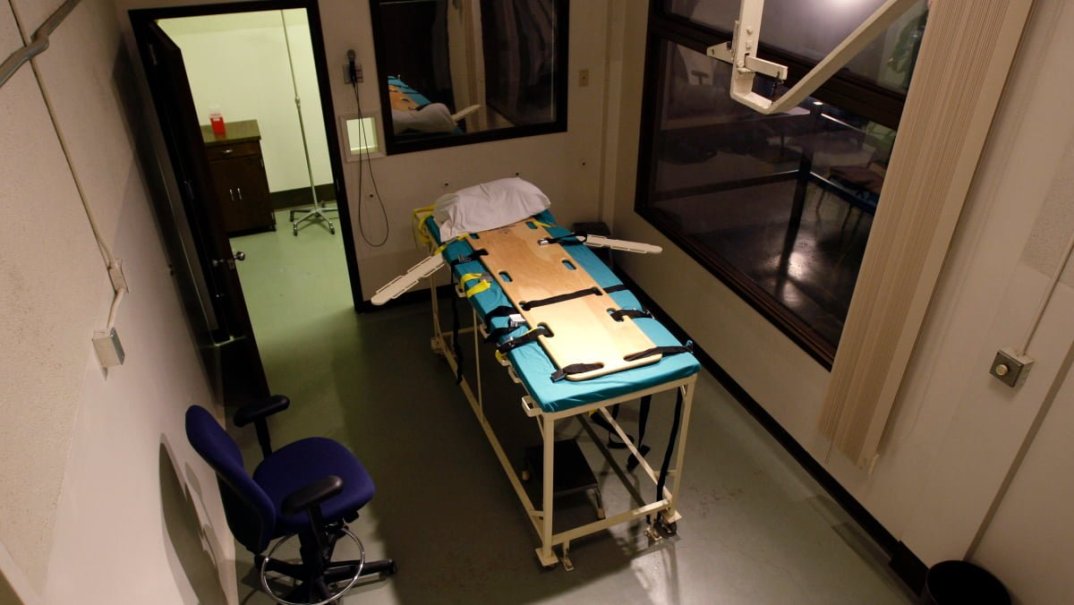Washington state finally outlaws death penalty because of racial bias
Washington State’s Supreme Court banned capital punishment, ruling it unconstitutional because it was unfairly meted out and was often the result of racial bias.

Yesterday, Washington became the 20th state in the country to outlaw the death penalty.
Washington State’s Supreme Court banned capital punishment, ruling it unconstitutional because it was unfairly meted out and was often the result of racial bias. In its ruling, which was partially informed by a statistical analysis conducted by University of Washington sociologists, the Supreme Court said that Black defendants in the state are more than four times as likely to be sentenced to death as white defendants.
The American Civil Liberties Union (ACLU) said this marks the third state Supreme Court to strike down the death penalty amid concerns about inherent racial biases, according to Axios.
Although execution in Washington State was extremely rare, with five prisoners put to death over several decades and a governor-imposed moratorium blocking its use since 2014, it is now eliminated altogether. The ruling converted the sentences for the state’s eight death row inmates to life in prison without release.
The ruling seems to denote a trend building against capital punishment in the United States.
READ MORE: An example of zen-like patience: Lyft driver stays calm with hyper-obnoxious passenger
“The death penalty is becoming increasingly geographically isolated,” Robert Dunham, executive director of the Washington, D.C. based Death Penalty Information Center, told the Associated Press. “It’s still on the books in 30 states, but it’s not being used in 30 states. It’s becoming a creature of the Deep South and the Southwest.”
Texas leads the nation in the number of prisoners it executes — 108 since 2010. Florida has executed 28, Georgia 26 and Oklahoma 21 in that timeframe. But nationally, death sentences are down 85 percent since the 1990s, Dunham told AP News.
READ MORE: Seriously? Calling the police on a kid for brushing against your butt?
Seven states — Connecticut, Delaware, Illinois, Maryland, New Jersey, New Mexico and New York — have abandoned capital punishment through court order or legislative act over the past 15 years. And three states — Colorado, Oregon and Pennsylvania — have adopted moratoriums.
Lawmakers in New Hampshire and Nebraska banned the death penalty but those decisions were overturned by veto or referendum, according to the Associated Press.
Concerns over the death penalty have ranged from worry over executing an innocent person, procedural inconsistencies, such as the information provided to sentencing jurors, to racial disparities in how and to whom sentences are doled out.
“The death penalty is unequally applied — sometimes by where the crime took place, or the county of residence, or the available budgetary resources at any given point in time, or the race of the defendant,” Chief Justice Mary Fairhurst wrote in the lead opinion, according to the AP.
She added: “Our capital punishment law lacks ‘fundamental fairness.”
